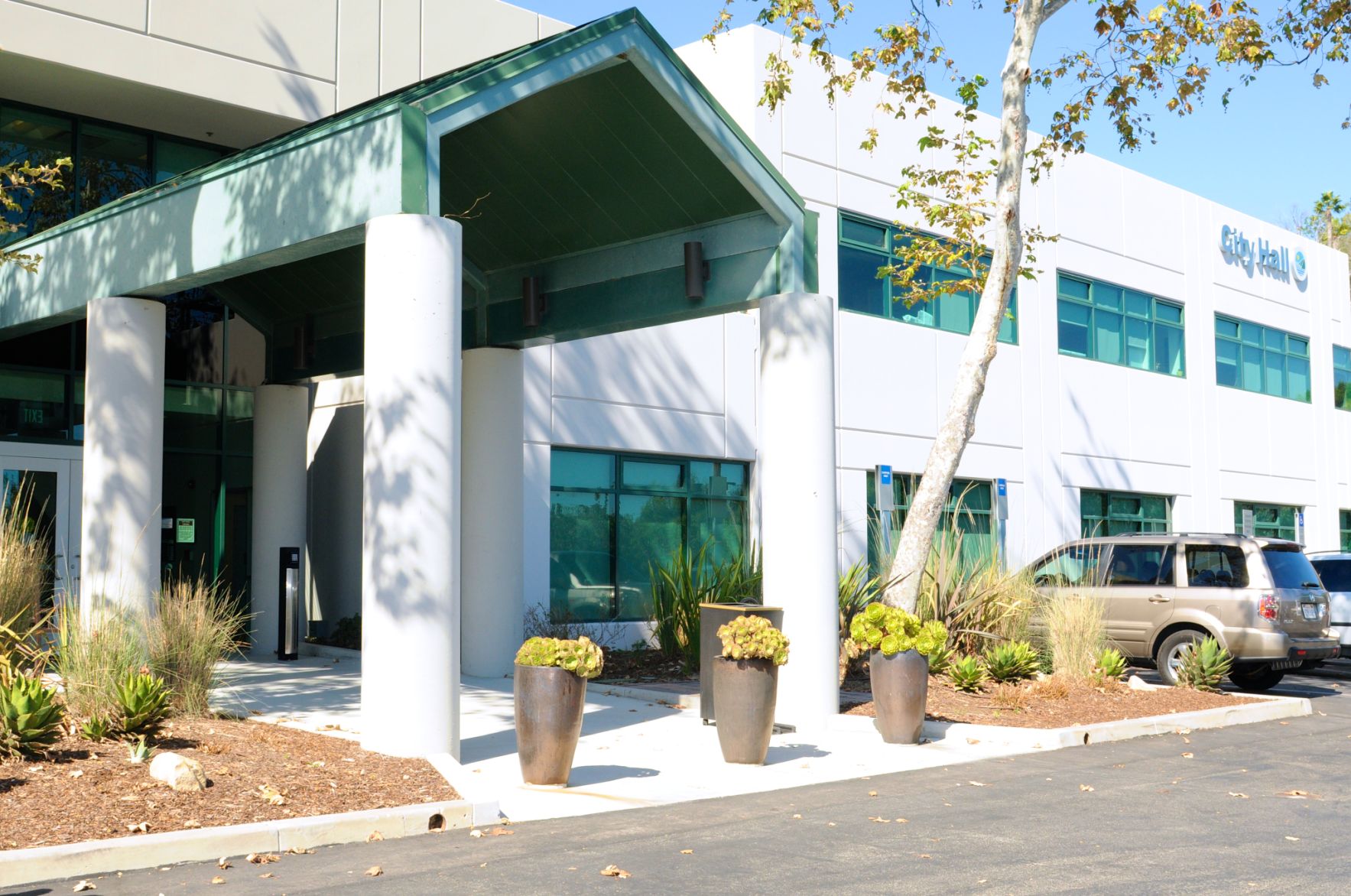According to Assistant City Manager Lisa Soghor, Malibu’s finances are shaping up to be much better than staff initially feared.
Presenting the quarterly unaudited fiscal report during the Monday, Nov. 8, Malibu City Council meeting, Soghor’s numbers showed “general fund revenues of $44.6 million or 134.2% of the budgeted amount for the fiscal year.” Property tax, documentary transfer tax, transient occupancy tax and sales tax were all outperforming projections, with the city raking in about $4 million over what staff expected, closing the gap on a $3.79 million projected shortfall.
Still, concerns about future budgets remain at the forefront.
In the wake of ongoing budget difficulties—due in large part to the back-to-back catastrophes of the 2018 Woolsey Fire and the 2020-21 COVID-19 pandemic—Malibu city staff presented several options to council on Monday for increasing city revenue.
Suggestions included creative tax increases such as documentary transfer tax, adding small fees to large property transfers; district sales tax; parking occupancy tax, specifically, levying a tax for valet parking; and vacancy tax, taxing the owners of long-vacant rental and commercial properties.
Council Member Karen Farrer called the idea of a parking tax for valet lots a “no-brainer” and added support for a vacancy tax, citing longterm vacancies at the Malibu Colony Plaza, owned by billionaire Stan Kronke.
“We have to make it easier for new tenants to move into vacant spaces,” Mayor Paul Grisanti said, cautioning against some implications of a vacancy tax. Farrer disagreed, suggesting it may “incentivize landlords to be a better landlord.”
Mayor Pro Tem Bruce Silverstein suggested a citywide parking tax or fee levied on non-residents (with residents eligible for a parking permit or fee waiver).
“I know we can’t explicitly discriminate in the tax, but are there things we can do that nibble around the edges that lawfully allow us to accomplish that objective?” Silverstein asked.
Silverstein later added further suggestions for revenue, including selling naming rights of a new skate park or increasing film permitting fees.
Although there was some support for vacancy tax, in the end council did not request staff bring back additional information on it as a potential income source. City staff were asked to explore the other tax options, which will be discussed at a future meeting.
Woolsey Fire fee waiver program continues
Even in the face of continued budget shortfalls, council once again voted in favor of waiving Woolsey Fire rebuild fees.
With only 55 home rebuilds completed after about 475 homes burned in the November 2018 fire, council members elected to continue the “like-for-like” fee waiver an additional 18 months, to June 30, 2023.
“If we go the same way we’re going right now, we’re going to have less than 200 [rebuilds], and it’s going to be the four-year anniversary,” resident Lloyd Ahern cautioned council. The waivers have already cost the city approximately $5.04 million in uncollected fees, according to city staff.
The decision to continue the fee waiver program came in a 3-2 vote with Silverstein and Council Member Steve Uhring dissenting. However, the dissent was tied to a single item in the decision which was not approved, but would be brought back for discussion at a later council meeting: a stipulation blocking homeowners from adding additional square footage onto their properties after their initial rebuild was complete.
The original text for the stipulation read: “any waived fees must be refunded to the city if additional square footage beyond the initial 10% is sought before a certificate of occupancy is issued for the project. Upon submittal of an application for additional square footage beyond the initial 10% increase, all fees previously waived must be refunded, and a certificate of occupancy will not be issued until all waived fees have been refunded. If the application for additional square footage is withdrawn before a certificate of occupancy is issued the waived fees need not be refunded.”
Council members were concerned that the stipulation would mean some residents would be blocked from making minor improvements to their properties such as enlarging garages or adding laundry rooms.
Christmas Tree Lot returns to Civic Center
The Malibu High School Athletic Booster Club’s annual Christmas tree fundraiser was set to return in 2021, once again taking place at the Ioki parcel in the Malibu Civic Center.
For many years, the sale was located at the eponymous “Christmas Tree Lot” at Pacific Coast Highway and Heathercliff on Point Dume; however, in 2020 the booster club moved locations to the lot near the corner of Civic Center Way and Webb Way.
City council voted unanimously, 5-0, to waive $40,000.00 in permitting fees associated with the lot.
Nov. 2 meeting
Malibu City Council also met on Tuesday, Nov. 2, after the Monday, Oct. 25, council meeting was postponed due to power outages during a rainstorm.
Major items at that meeting included discussing a potential smoking ban in Malibu. The proposed ordinance will “ban smoking in all outdoor public spaces.” City staff were asked to draw up proposed language for the ban and return at a future meeting.
Council Member Mikke Pierson also named Mark Wetton as his choice as planning commissioner, replacing David Weil.

